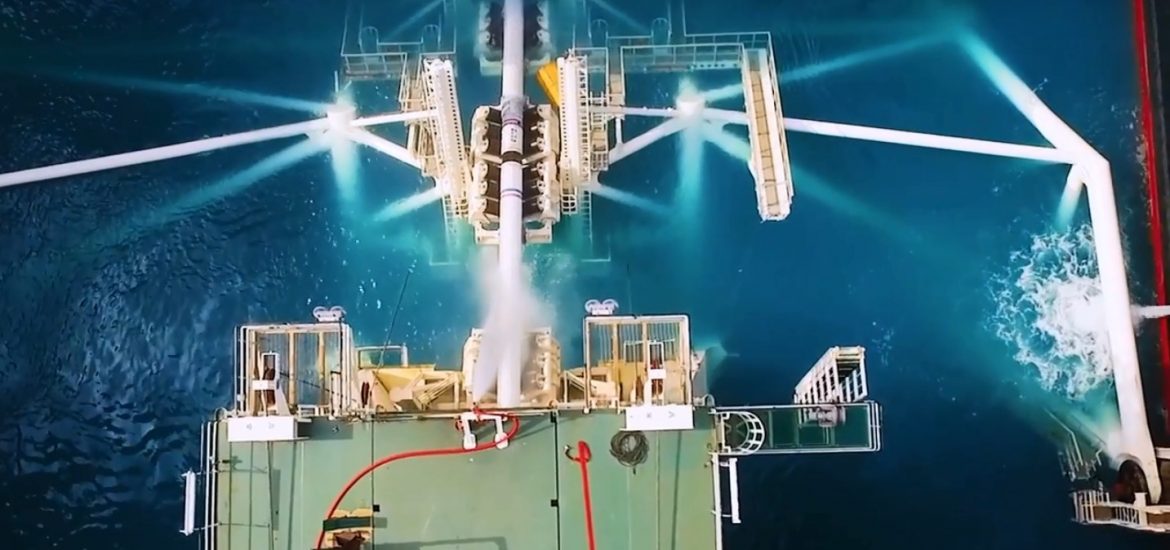
The Nord Stream 2 pipeline company says it expects to receive approval from Denmark to use a 180km stretch below the Baltic Sea.
Around 800km out of a total of 1,230km of pipes have already been laid.
Nord Stream 2 spokesman Jens Müller said there was “good reason” to indicate Copenhagen would process a second proposal submitted in August last year within eight to 12 months, allowing the controversial pipeline to be completed on schedule.
The consortium could bring in extra ships to lay the remaining section of pipeline in Danish territory, Müller said.
He said two ships working in Swedish territory were completing about 6km per day meaning the Danish section could be finished in about a month.
The €11-billion Nord Stream 2 pipeline is part-funded by Russian state-run gas export monopoly Gazprom, with some 50 per cent of the funding provided by Germany’s Uniper and Wintershall, UK-Dutch Shell, Austria’s OMV and French Engie.
Finland, Sweden, Germany and Russia have approved the pipeline’s construction in their territorial waters but not Denmark. In August an alternate route was proposed through Denmark’s exclusive economic zone waters but not its territorial waters.
“There is good reason to assume that we will receive this approval at a timepoint when we can complete this construction in an uncomplicated manner,” Müller told the media.
He also played down the risk of US sanctions against the energy giants backing the pipeline under the Countering America’s Adversaries Through Sanctions Act (CAATSA) law.
The hawkish US ambassador to Berlin, Richard Grenell, sent a letter to German firms involved in the project in January saying that they risked facing US sanctions.
US State Department ruled in 2017 that the law did not apply to investments made before legislation was enacted in August 2017, after the Nord Stream 2 contracts were signed.
“Looking at the existing legal framework, we have to conclude that Nord Stream 2 cannot be affected,” Müller added.
European policymakers and business leaders have spoken out against the US threat of sanctions, saying the European Union should be responsible for its energy policy.
Gazprom is key to the German economy. Picture credit: YouTube





